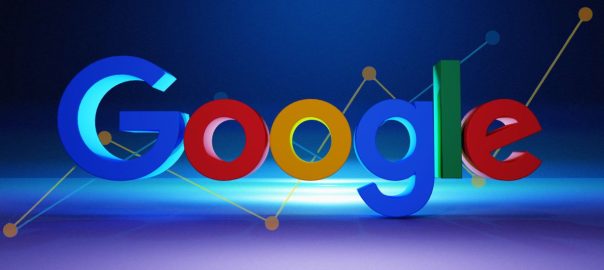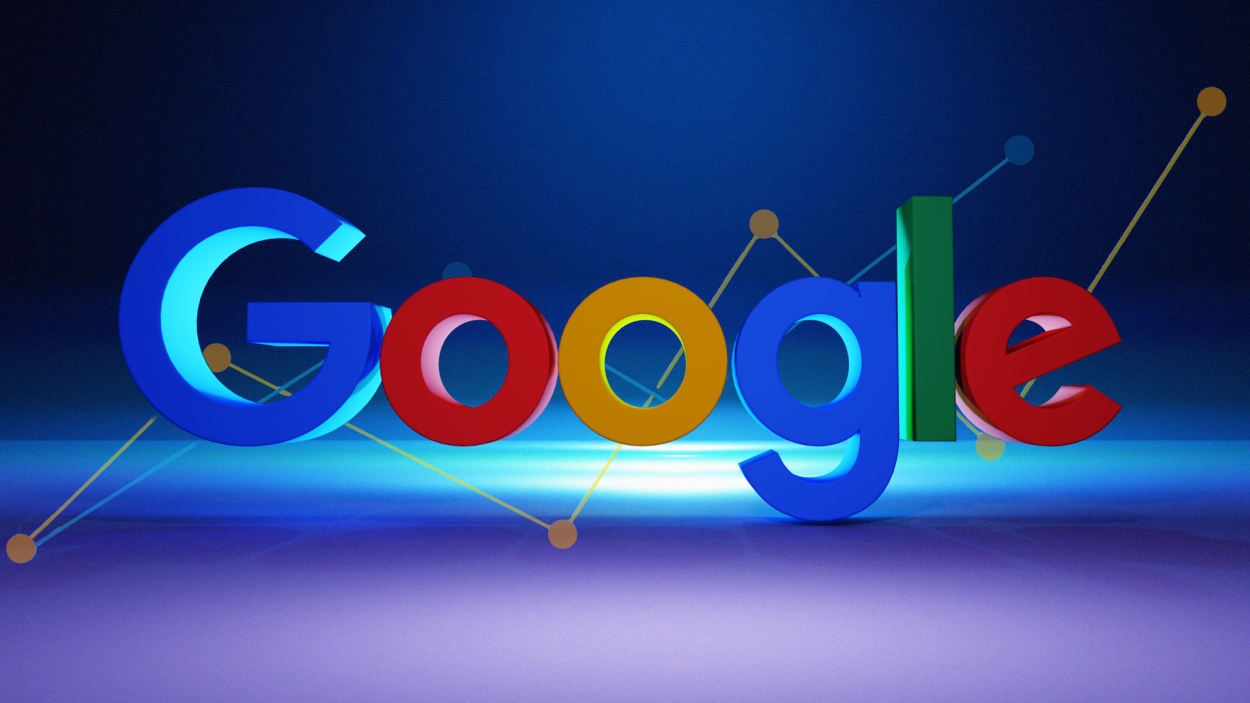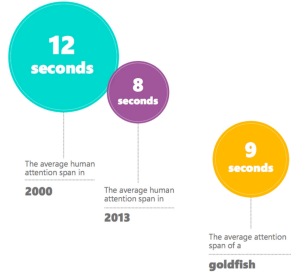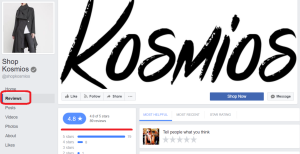By MICHAEL LIEDTKE—Associated Press
Google snapped out of an unprecedented advertising slump during its latest quarter, signaling a return to growth cycle needed to fuel investments in artificial intelligence technology that expected to reshape the competitive landscape.
The results for the April-June period released Tuesday by Google’s corporate parent, Alphabet Inc., reversed a financial downswing that had raised fears Google was losing its financial steam at the same time advances in artificial intelligence, or AI, threatened to undercut the dominant search engine that powers its digital ad empire.
But after Google’s ad revenue suffered year-over-year declines in consecutive quarters for the first time in its history, ad sales rose 3% from a year ago to $58.1 billion during the second quarter. That was better than analysts had been anticipating, according to FactSet Research.
Those gains helped lift Alphabet’s total revenue for the period by 7% from last year to $74.6 billion. The company posted a profit of $18.4 billion, or $1.44 per share, a 15% increase from the same time last year. Both those numbers also surpassed the analyst estimates that steer investors.
The company also announced that chief financial officer Ruth Porat will take on the newly created role of president and chief investment officer. Alphabet will seek a new CFO.
Alphabet’s stock price surged 6% in Tuesday’s extended trading after the results came out. The shares have climbed nearly 50% so far this year, with much of the gains since Google provided a deeper dive into its AI products and strategy during a May conference. That presentation helped alleviate concerns that Google is being outmaneuvered in a pivotal field of technology by Microsoft, which is backing and deploying some of the breakthroughs made by Open AI and its popular chatbot, ChatGPT.
The brewing battle for AI supremacy is expected to require billions of dollars in investments in the years to come—money that Alphabet should be able to get from Google’s advertising machine, as long as it can continue the steady growth of the past 20 years. But Google has recently been facing more daunting challenges, not only from the ChatGPT-like technology that Microsoft has been embedding in its Bing search engine, but also from Amazon in shopping, and TikTok and Reddit in hot topics.
(17)
Report Post







